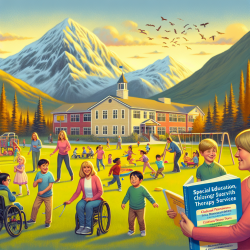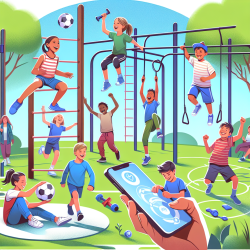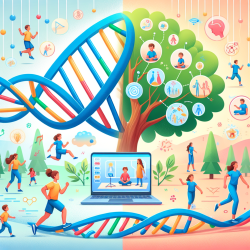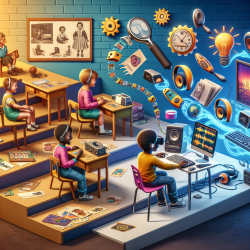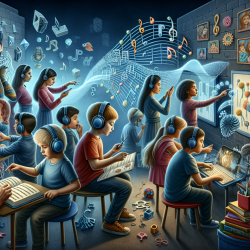As a parent, it's natural to wonder if your child needs extra support at school. The Individuals with Disabilities Education Act (IDEA) mandates that all publicly funded schools provide access to a free and appropriate public education for students aged 3 to 21 who have a disability. But how do you know if your child qualifies for these services? Let's break it down.
Signs Your Child May Need Extra Support
Students who struggle with one or more of the following issues may qualify for extra support through their local public school:
- Difficulty handling small objects
- Slow to learn new things
- Limited speaking ability or unclear speech
- Excessive daydreaming
- Poor coordination
- Hostility or cruelty to other children or animals
- Difficulty playing with same-age peers
- Requires more assistance in daily activities like dressing or eating
- Hearing or vision issues
- Frequent temper tantrums
- Persistent unhappiness or depression
Eligibility for Special Education Services
To be eligible for special education services, a student must:
- Have a qualifying disability
- Have their educational performance negatively impacted
- Need specially designed instruction and related services
Child Find
Child Find is an initiative to locate, identify, and evaluate all children ages 3 to 21 in the community who may benefit from special education and related services. Anyone with a concern can refer a child for evaluation.
Referral and Evaluation Process
Parents play a crucial role in the special education process. If someone refers your child for evaluation, the school must obtain your permission to conduct the evaluation. The evaluation will assess all areas that might affect your child's educational needs, including health, vision, hearing, social and emotional intelligence, achievement, communication, language, and motor abilities.
Individualized Education Program (IEP)
If your child qualifies for special education services, the next step is to create an Individualized Education Program (IEP). This document outlines the specific services your child will receive. The IEP team, which includes parents, teachers, and other school staff, will meet to develop this plan.
Related Services
Related services are additional services necessary for the child to benefit from special education. These may include:
- Speech therapy
- Physical therapy
- Occupational therapy
- Psychological services
- Transportation
- Social work services
- Counseling
Dispute Resolution
If disagreements arise between parents and the school regarding a child's special education program, several dispute resolution options are available, including mediation, complaint investigation, and due process hearings.
For more information, please follow this link.
